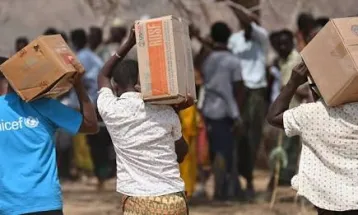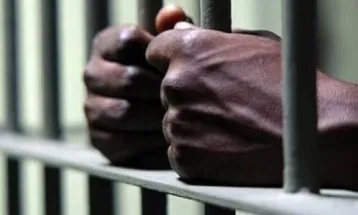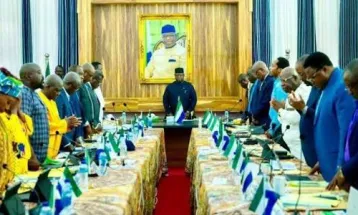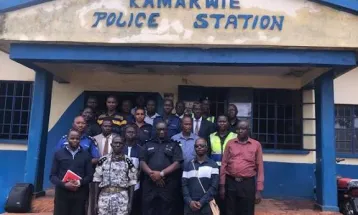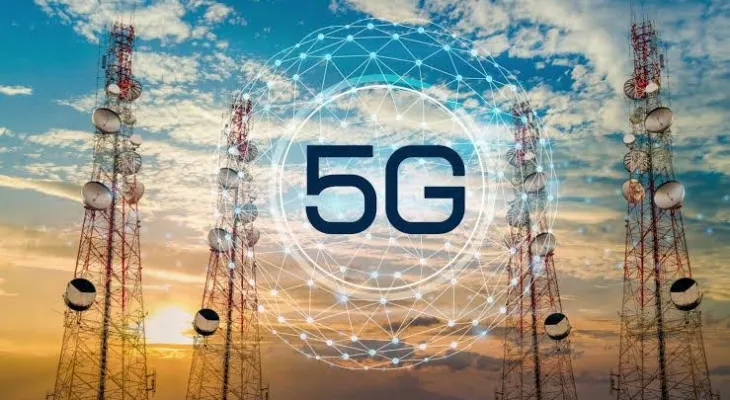
Sierra Leone Sets the Pace with Africa’s First Solar-Powered 5G Network
Sierra Leone is rewriting the digital playbook—this time, with the sun.
In a bold move to leapfrog its low broadband penetration (currently at just 21%), the country is rolling out its first-ever 5G network. But what makes it truly groundbreaking isn’t just the speed—it’s the power source. Unlike many countries still tied to fuel-dependent infrastructure, Sierra Leone is embracing clean energy. Its new 5G towers will run on solar panels, backed by battery systems and only minimal generator support.
The initiative is led by Zoodlabs, a local telecom operator, working in partnership with CrossBoundary Energy, a pan-African renewable energy firm. The announcement came at the Digital Government Summit in Freetown and has already sparked interest beyond Sierra Leone’s borders.
Five towers are already being installed across the capital, with funding from CrossBoundary. This rollout aims to do more than just improve download speeds—it’s laying the foundation for telemedicine, real-time data systems, and smart city technologies that have long been out of reach for most Sierra Leoneans.
What sets this project apart is its focus on sustainability in a region where electricity is often unreliable and expensive. By skipping fossil fuels and going straight to solar, Sierra Leone might be creating a blueprint for how other African nations can expand digital access without overburdening the planet.
“We’re not just building mobile networks; we’re laying the groundwork for economic growth,” said Zoodlabs CEO David Kapkima. He’s not wrong—Africa’s 5G adoption stood at only 1.4% in 2024, but it’s expected to grow to 25% by 2029. By starting early and staying green, Sierra Leone is positioning itself as a leader in Africa’s digital future.
For context, South Africa currently leads the 5G race with over 10 million users and nearly 50% population coverage. Nigeria, Kenya, and Ethiopia are all in the race too, but continue to grapple with heavy infrastructure costs and policy setbacks.
Sierra Leone’s solar-powered approach could prove to be the smarter—and more scalable—model. If successful, it could light the way for a greener, more connected Africa.

